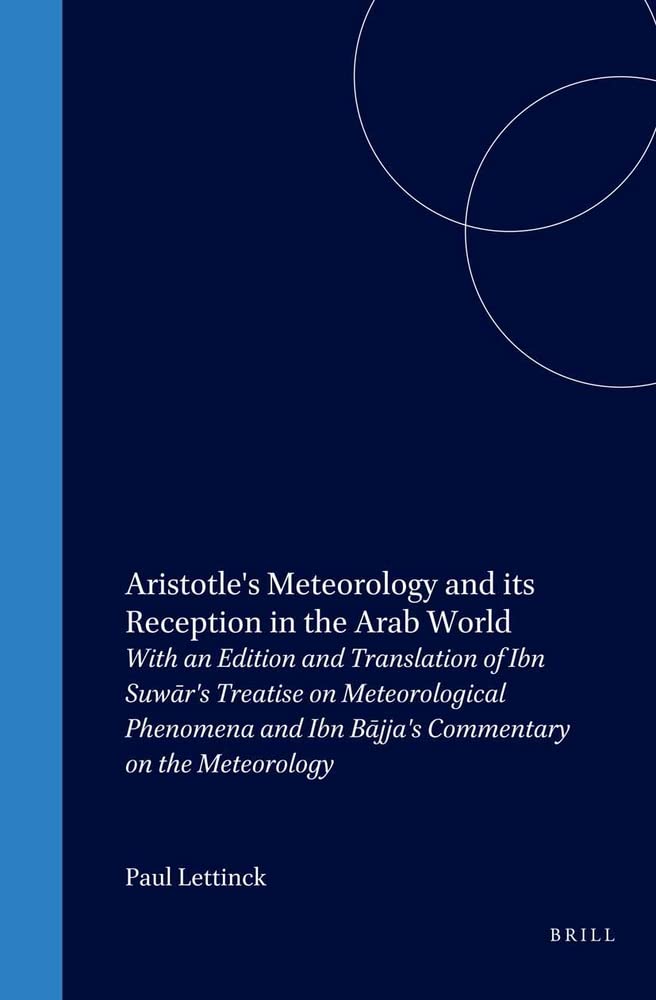Book Review: Paul Lettinck: Aristotle’s Meteorology and its Reception in the Arab WorldFor a desert people winds, rain, thunder, lightening, hurricanes, thunderbolts, whirlwinds, and other meteorological phenomena held tremendous fascination. This interest in meteorology is reflected in diverse forms and manners in Arabic poetry, lexicography, and grammar. In addition, there existed a theoretical aspect of meteorology which constructed a theoretical framework for a scientific inquiry of various meteorological phenomena.
|
|
© Center for Islamic Sciences. All Rights Reserved.
Designed and Developed by Crescent Marketing Solutions |


